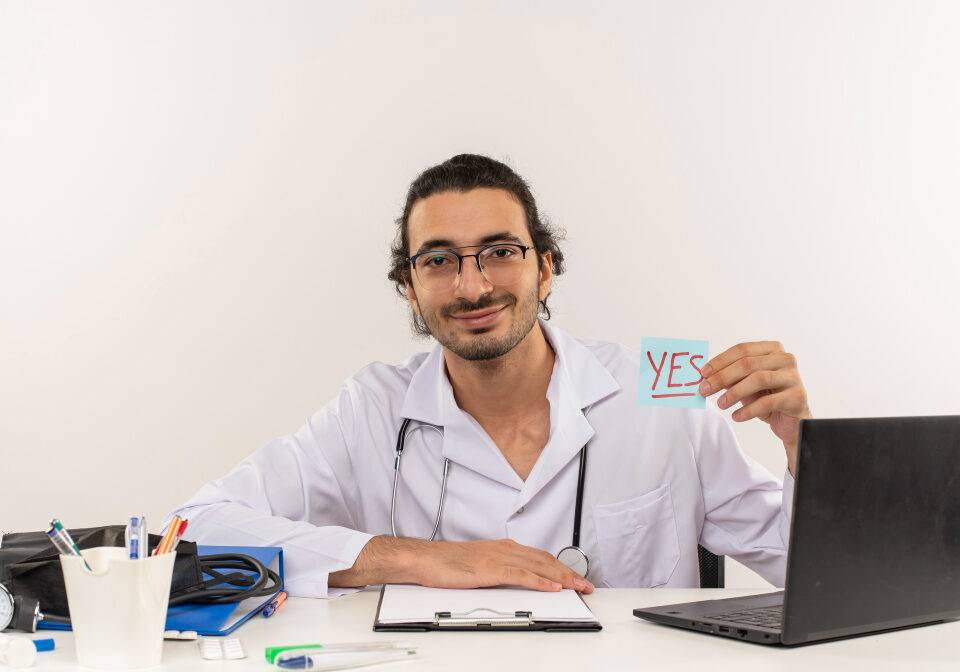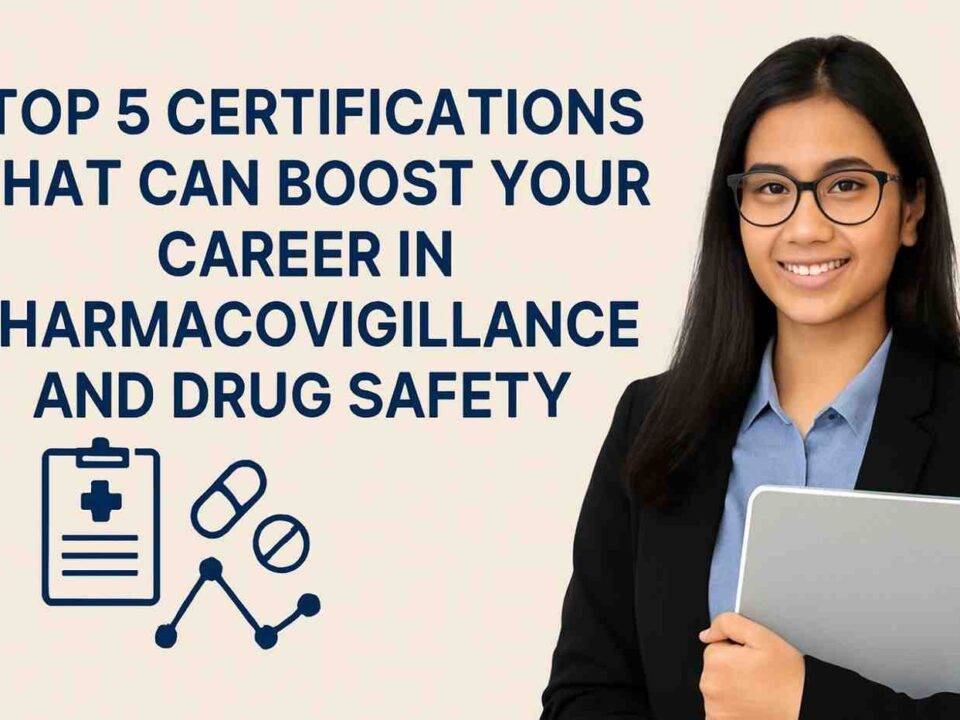
Pharmacovigilance provides numerous career advancement opportunities in the drug industry. The increased number of drugs and biologics entering the market, as well as the improved drug safety regulatory framework, has increased the demand for skilled resources to carry out PV activities. Because of increased drug safety awareness, rigorous yet cost-effective Pharmacovigilance systems and operations are required.
The PV market has recently seen rapid expansion. PV is now well-established as a science in the biopharmaceutical industry. As a result, PV outsourcing has gained traction, resulting in more job opportunities.
Both technical and interpersonal abilities are required for any aspiring PV professional. The individual should have a degree in life science, nursing, pharmacy, or a related field. A career in PV is as fulfilling as any other allied healthcare career because the work is so varied. Many pharmaceutical products are collected and analyzed for patient safety.
PV regulations ensure patient safety in pharmaceutical development and marketing. The pharmacovigilance market demand for direct benefits to manage patient safety is actively growing.
Hence, a career in Pharmacovigilance can be both rewarding and challenging.
The Industry’s Core Pharmacovigilance Functions and Their Responsibilities
Along with soft skills, PV is a specialty in the field that calls for specialized knowledge and abilities in pharmacology, PV information sources, critical analysis of biomedical literature, rules, systems, and procedures.
The operations typically start with case handling, where reports of adverse events and spontaneous drug reactions from clinical trials are gathered from a variety of sources, including investigation sites, medical staff, patients, publications in the literature, and regulatory agencies.
Along with these tasks, the PV operations also involve developing and creating countermeasures and risk evaluation and mitigation strategies. The goal of these documents is to ensure the patients’ safety by giving clear instructions on the risks associated with using medications, monitoring them, and taking initiatives to reduce such risks.
User activities with pharmacovigilance
Besides its primary duties, the PV department is empowered by management and given support, clinical research, regulatory affairs, healthcare affairs, literature searches, information review, information technology, and assistance, quality assurance, project management, production processes, security of the supply chain, and marketing.
Since a medical review of the safety data is essential before submission to health authorities, close cooperation between medical affairs and PV is essential. This guarantees that a suitable company comment is given to the ICSRs and that periodic safety reports are reviewed.
The compliance and training group is another interface function that closely collaborates with PV. This group is crucial to the operation of a Pharmacovigilance system because it makes sure the business complies with all laws and regulations about its PV obligations as well as by giving human resources working in various PV functions the necessary training and exposure.
The compliance teams assist PV with quality assurance, including audits and inspections. Employees in the compliance and training groups must be knowledgeable in the field of PV.
PV focuses on the pharmaceutical sector
In the pharma sector, PV as a discipline is now well-established. When conducting PV activities, an organization must have access to a great deal of skilled, suitably qualified, and trained personnel to produce the desired quality results. This makes it easier to derive a meaningful conclusion from the data and then submit it in a predetermined format for reporting purposes.
Pharmacovigilance: career-enhancing abilities
For a PV career to be successful, it requires a mix of both soft skills and technical skills. Organizations have formed hiring strategies for various PV roles and responsibilities, and such plans necessitate that the candidates fulfill these prerequisites.
With more roles, there are more requirements. The requirements can be broadly divided into three groups:
1) Technical expertise
Aspiring PV professionals must be familiar with the fundamentals of pharmaceuticals, healthcare, ADR, EU, and GPP. Although candidates with a life sciences degree can obtain an entry-level position in PV, there is generally a preference for healthcare professionals in the pharmaceutical industry.
Graduates in life sciences can apply for a PV position. Dentistry, nursing, pharmacy, and life sciences are among the academic specialties represented among the staff members of the current PV organizations. The PV organizations primarily hire graduates with healthcare degrees in medicine or pharmacy.
2) Skillsets
Along with the necessary technical skills, specific soft skills are crucial to one’s employability in the PV industry. Qualified candidates for any PV role must demonstrate skill competencies to support their technical knowledge during the interview process.
- Acquiring the necessary skills to advance your career
A successful career progression also depends on ongoing learning and development while working, in addition to the technical and soft skills mentioned above. Professionals who possess these skills are better able to learn beyond the curriculum content and are constantly on the lookout for innovative concepts and cutting-edge technology. Through practice and self-motivation, these abilities are easily learned and acquired.
Synopsis
For graduates and postgraduates in medicine, pharmacy, and the life sciences, the industry currently offers a wide range of opportunities in PV. Because the work entails gathering and analyzing safety data for many medications aimed at patient safety, a career in PV is equally as fulfilling as any other allied healthcare career.
Candidates interested in pursuing careers in PV should be passionate about their work because it will have an impact on society. In the labor market, there will be a persistent need for qualified PV personnel.
For successful career development, jobs in the industry would need both technical and soft skills. Once employed as a PV, there are many opportunities for career development through ongoing education and training.
Pharma companies can take advantage of the opportunities. Continuous self-development is the key to career advancement in the PV sector.
PV professionals should investigate opportunities for lateral and vertical growth, enrichment, realignment, and transition if they want to have a successful career in the sector.
It is now possible at Sollers college to learn how to effectively master the fundamentals of action potential in just one place so that you can soar to ever-greater heights as you strive to reach ever-higher levels.
Create a pathway and learn in multiple ways and don’t hold yourself back. Boost your professional life by optimizing it and reaping the rewards!



